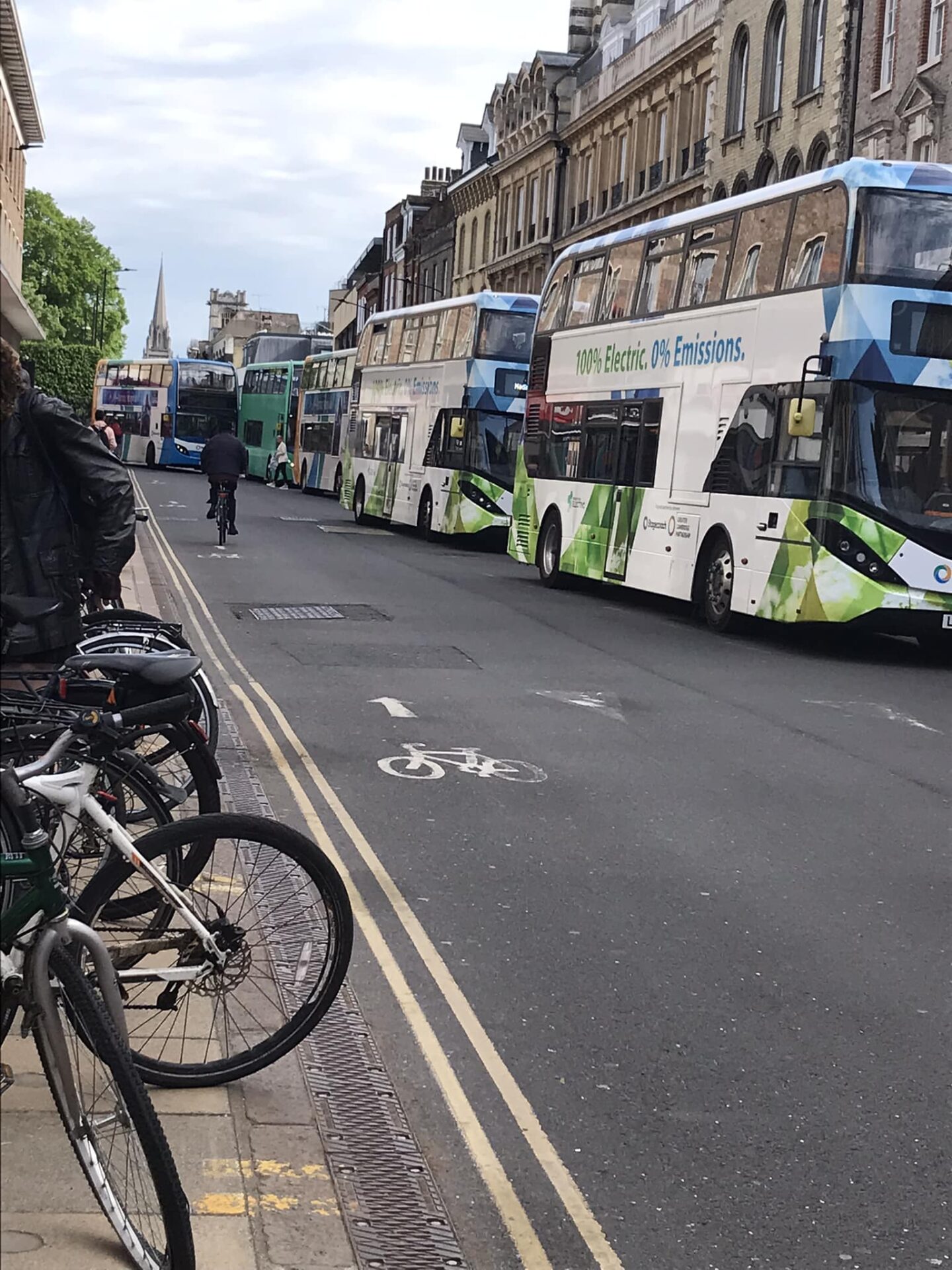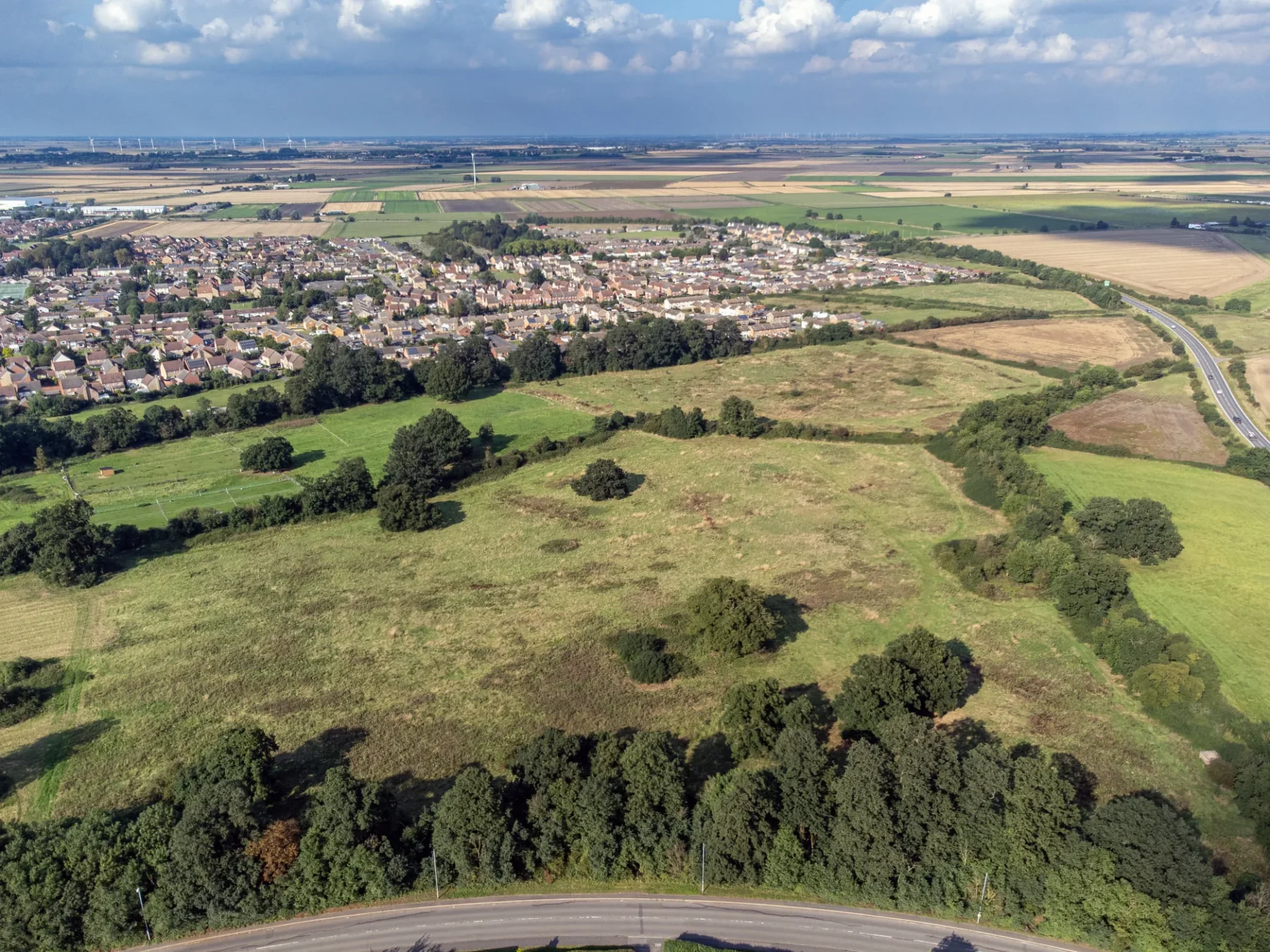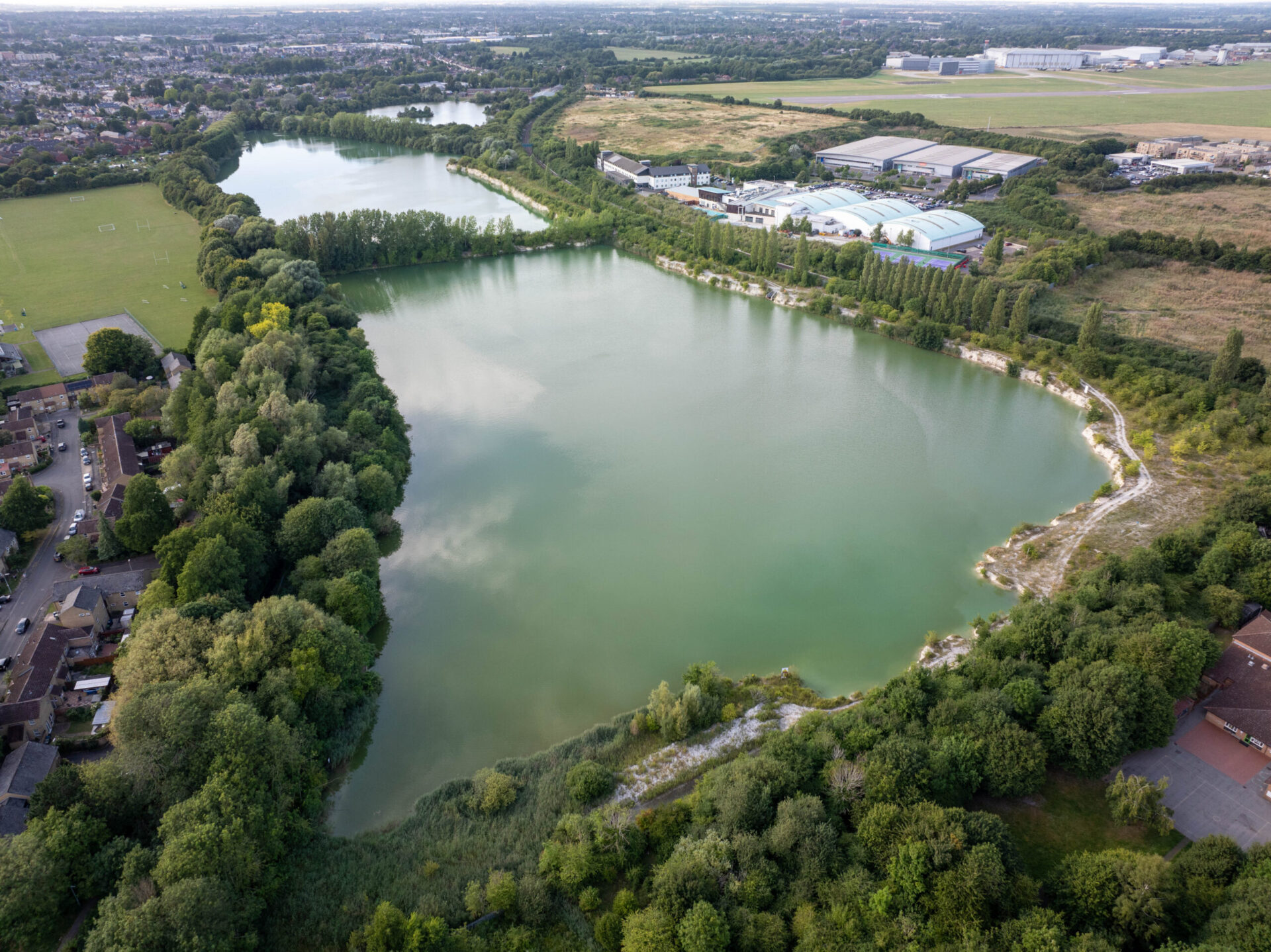With little prospect of winning approval anytime soon on their current proposals, the Greater Cambridge Partnership (GCP) has delayed any early decision on a congestion charge for Cambridge.
“It is important we relook at the proposals to see if we can find a scheme that addresses the concerns people have while tackling the real challenges facing our region,” was how Cllr Elisa Meschini, the GCP executive board chair put it today.
She was speaking after the GCP announced that they will develop “a revised package of measures to upgrade public transport, improve air quality and cut congestion on the roads”.
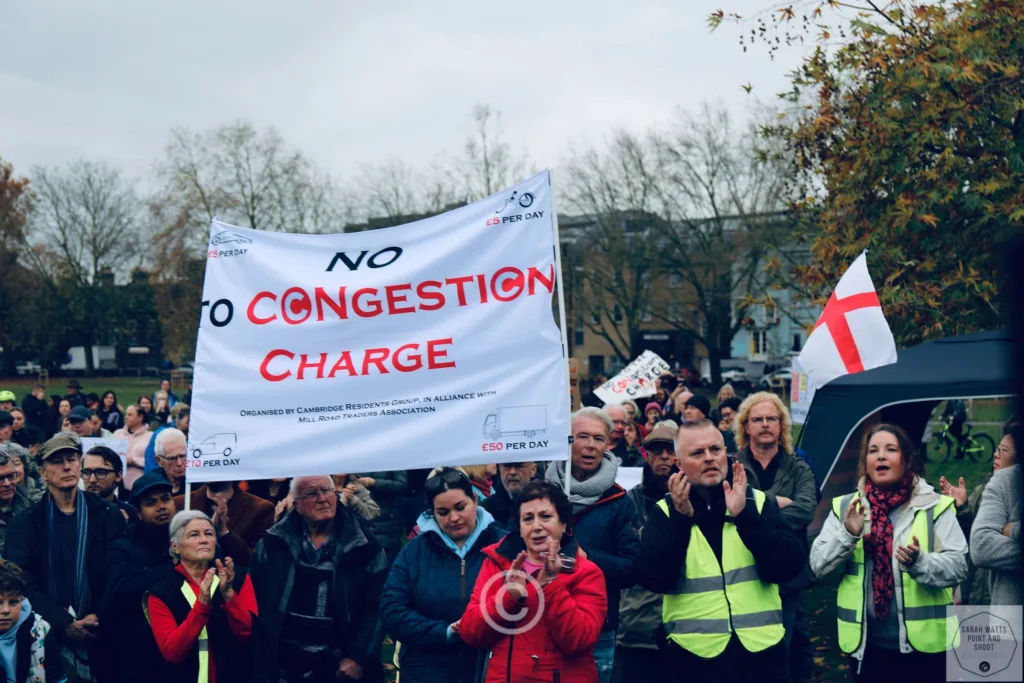
An extraordinary meeting of the executive board and joint assembly was held earlier in the week (Monday) where members debated the options and scenarios for adapting the original proposals.
Cllr Meschini said: “After careful consideration of the findings to the public consultation and the detailed debates by the joint assembly, it is clear that we need to take action now to improve the way we all travel while addressing the issues people had with the original proposals.
“People have told us they want more buses and better cycle infrastructure – they want alternatives to the car so they don’t feel isolated or prevented from getting to work or school by services they can’t rely on.
“But it is also clear there is concern around the introduction of a road user charge to fund a better public transport network.”
She added: “The congestion on our roads is real, with all its negative impacts to journeys, health and its contribution to climate change and air quality.
“That is only going to get worse with the tens of thousands of new homes and jobs being created across our region over the coming years.
“That is why it is important we relook at the proposals to see if we can find a scheme that addresses the concerns people have while tackling the real challenges facing our region.”
A GCP spokesperson said that the executive board remains committed to improving the region’s transport network to be upgraded to support its growing needs and decided that – while no options should be taken off the table at this stage – the original Making Connections scheme should be modified.
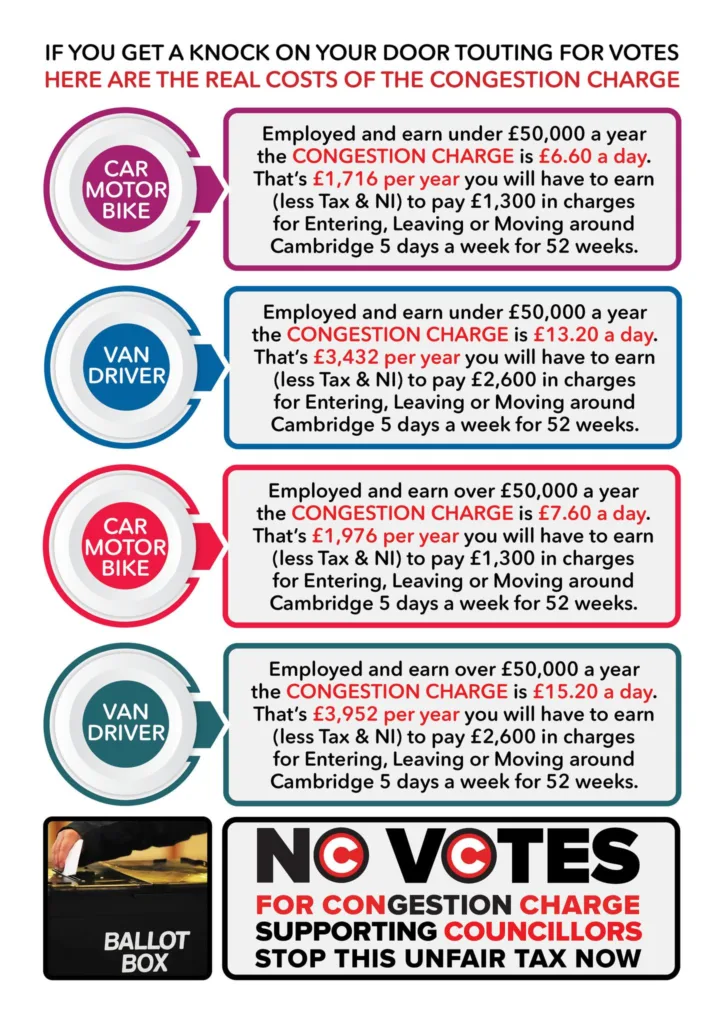
“The five members of the board requested officers to develop a revised package of measures to transform the way people travel around Greater Cambridge, reflecting the public’s feedback to the Making Connections consultation and following discussions with the joint assembly,” said the spokesperson.
In the autumn a detailed proposal will be brought back to the GCP’s joint assembly for scrutiny before the executive board decides whether and how to proceed with any scheme.
The spokesperson said: “The updated proposal could include changes to the operating hours of a Sustainable Travel Zone and a more extensive package of exemptions – including possible free days for account holders or no charge for hospital patients and visitors.

“Any potential scheme would be phased in over time with the GCP committing £50m of upfront investment in the region’s transport infrastructure to improve public transport and active travel.”
A report outlining the key findings and wide-ranging views to the Making Connections public consultation was published in May.
The GCP says it has considered the key findings and the wide-ranging views – both in favour and against the proposals.
They summarised their findings as:
- Over 70% of people were in favour of the future transport network – with more buses to more locations, cheaper fares and longer operating times supported by better walking and cycling infrastructure to give people faster, cheaper, and more reliable travel alternatives to the car.
- 58% of respondents opposed the proposed Sustainable Travel Zone (STZ) as the means for delivering the transport vision.
- Opposition increased with age from 35 to 64 with 55–64-year-olds the most likely to oppose.
- Those who lived outside of Cambridge were also more likely to oppose.
- 34% of people support the STZ as proposed. Support was highest among the youngest and the oldest respondents, who are more likely to find it most difficult to access education and healthcare due to the limitations of the existing bus network.
- Support was highest in the city centre and west of the city.
- Around half of those who oppose the STZ did support the vision for better buses
For more information about the GCP’s projects visit www.greatercambridge.org.uk.

